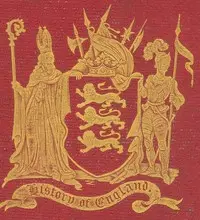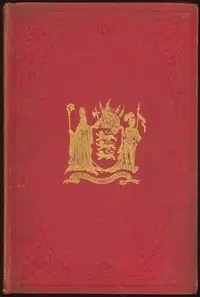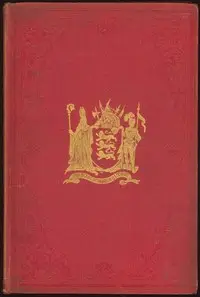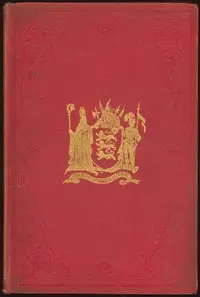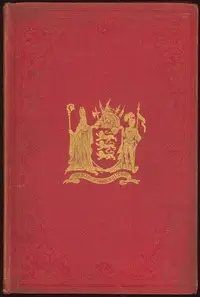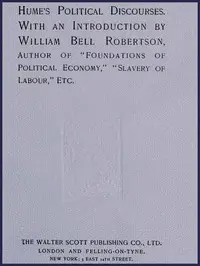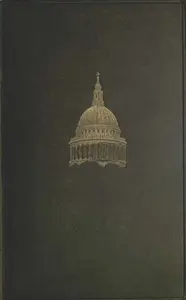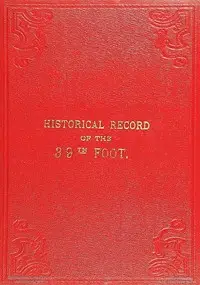"The History of England in Three Volumes, Vol. I., Part A." by David Hume is a story about the early history of England, starting with Julius Caesar's invasion and going all the way to the end of King John's time as ruler. This book looks at the first people living in England, called the Britons, and talks about their society, government, and how they fought. The book begins with the author talking about himself, his love for writing books, and what he did for work. He also writes about how tough it was to do what he wanted to do and what made him want to write about history. Then, the book tells about the Britons, their tribes, and what they did when the Romans showed up.
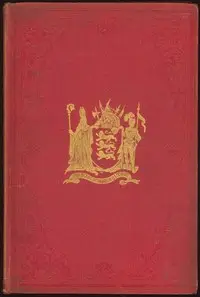
The History of England in Three Volumes, Vol. I., Part A. From the Britons of Early Times to King John
By David Hume
Uncover the untold sagas of ancient Britain's tribes, wars, and transformations that shaped England from its earliest days to the reign of King John.
Summary
About the AuthorDavid Hume was a Scottish philosopher, historian, economist, and essayist who was best known for his highly influential system of empiricism, philosophical scepticism and metaphysical naturalism. Beginning with A Treatise of Human Nature (1739–40), Hume strove to create a naturalistic science of man that examined the psychological basis of human nature. Hume followed John Locke in rejecting the existence of innate ideas, concluding that all human knowledge derives solely from experience. This places him with Francis Bacon, Thomas Hobbes, John Locke, and George Berkeley as an empiricist.
David Hume was a Scottish philosopher, historian, economist, and essayist who was best known for his highly influential system of empiricism, philosophical scepticism and metaphysical naturalism. Beginning with A Treatise of Human Nature (1739–40), Hume strove to create a naturalistic science of man that examined the psychological basis of human nature. Hume followed John Locke in rejecting the existence of innate ideas, concluding that all human knowledge derives solely from experience. This places him with Francis Bacon, Thomas Hobbes, John Locke, and George Berkeley as an empiricist.

